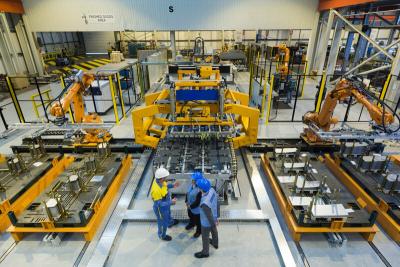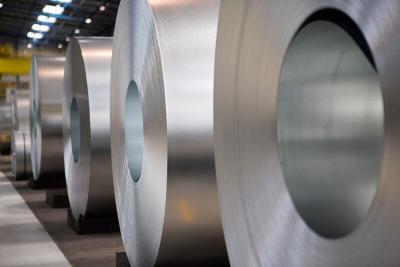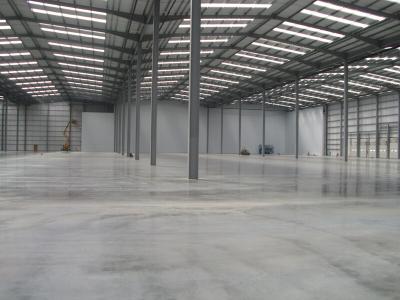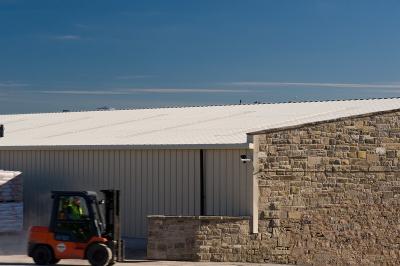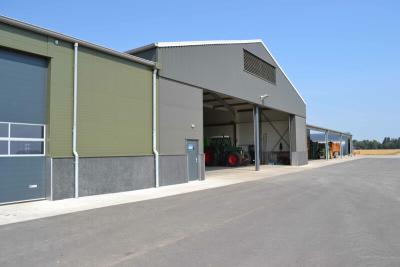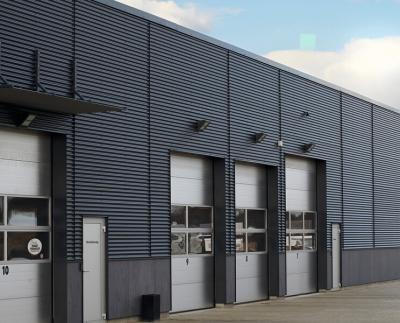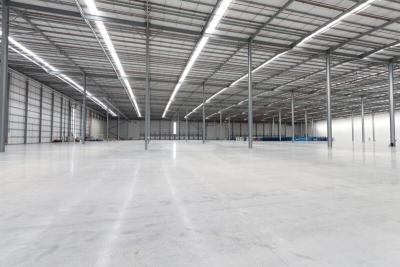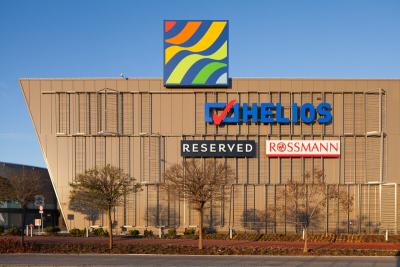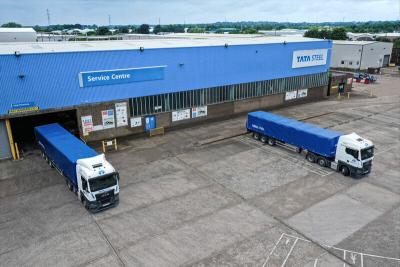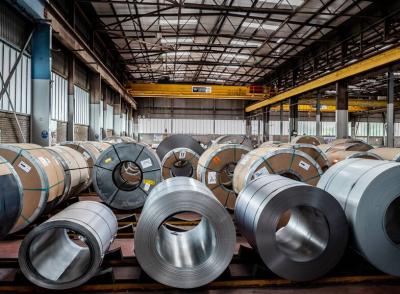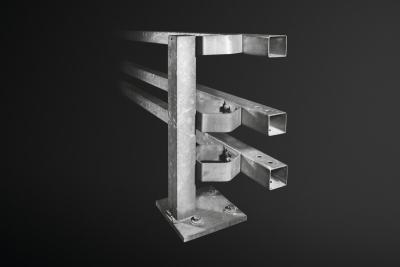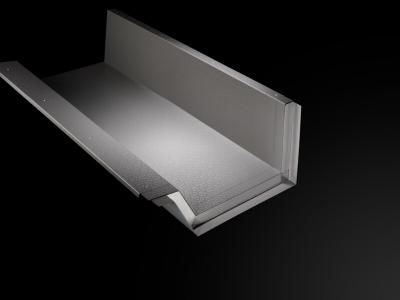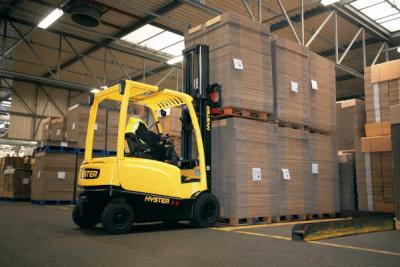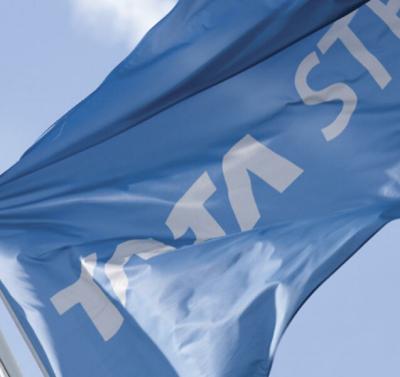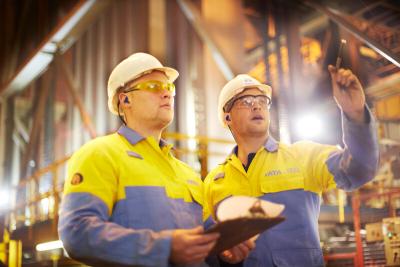When specifying or researching the most relevant construction products for your building envelope project you may want to know a series of niche questions such as U-value rates, sustainability aspects, install methods, warranty information in relation to that particular project due to its location, building type, size or height for example.

The increased awareness of modern society’s impact on the environment has led to the construction supply chain placing greater emphasis on being ‘green’.
Sustainability in the built environment is a complex topic, and must be considered from the earliest stage in the planning process to ensure activities achieve both regulatory requirements and customer expectations. Our report explores the current attitudes towards responsible sourcing and broader sustainability issues in the industry.
The global construction industry is set to grow by over 70% from 2013 to 2025 [1]. With the energy from fossil fuels consumed in the construction and operation of buildings responsible for around half of the UK’s CO2 emissions [2], the construction industry faces increasing pressure.
Given the large global footprint of construction, the industry has a wealth of opportunities across the whole supply chain to contribute to a more sustainable future. Materials are often selected for providing critical benefits to a building’s performance and longevity, such as strength, durability and versatility.
Responsibly sourcing not only vastly improves a building’s environmental credentials, but also provides clients with assurance that they are working with a responsible partner and offers higher traceability to ensure the materials are delivering the required commercial and environmental benefits.
One particularly important material is steel. It plays a vital role in building a more sustainable future and offering valuable sustainability benefits across the complete life-cycle, as well as an excellent return on investment. Beyond its use for typical roof, floor and wall products, steel forms a foundation that brings our buildings and cities to life.
In circular economic terms, steel has excellent credentials; it does not lose quality when recycled and can be ‘upcycled’ to a strength or quality greater than its original use. Additionally, with a mature established market for steel recycling, the inherent value of steel at the end of its initial life is high in comparison to other building materials, which is why steel is recycled and not sent to ‘landfill’.
Today building designers and contractors need to be increasingly aware of the provenance of materials used in construction, to ensure that their building has been responsibly sourced and constructed. This is critical in an era when reputations and brands take years to establish but moments to be tarnished. This is why responsible sourcing standards such as BES 6001 have increased in their market adoption – they provide clients with peace of mind and an assurance of a responsibly and ethically sourced asset.
Tata Steel was the first, and remains the only, steel producer to acquire the BRE responsible sourcing standard BES 6001 for a complete range of construction products manufactured in the UK. Certified to ‘Very Good’ category, by specifying Tata Steel responsibly sourced products specifiers can both secure the maximum credits under certification schemes, such as BREEAM, and achieve ‘peace of mind’ when specifying Tata Steel responsibly sourced products.
For further information on sustainability in the construction industry, read “Sourcing responsibly: A market insight into sustainability attitudes and practices” here.
[2] http://constructingexcellence.org.uk/wp-content/uploads/2015/02/SUSTAINGUIDE.pdf








